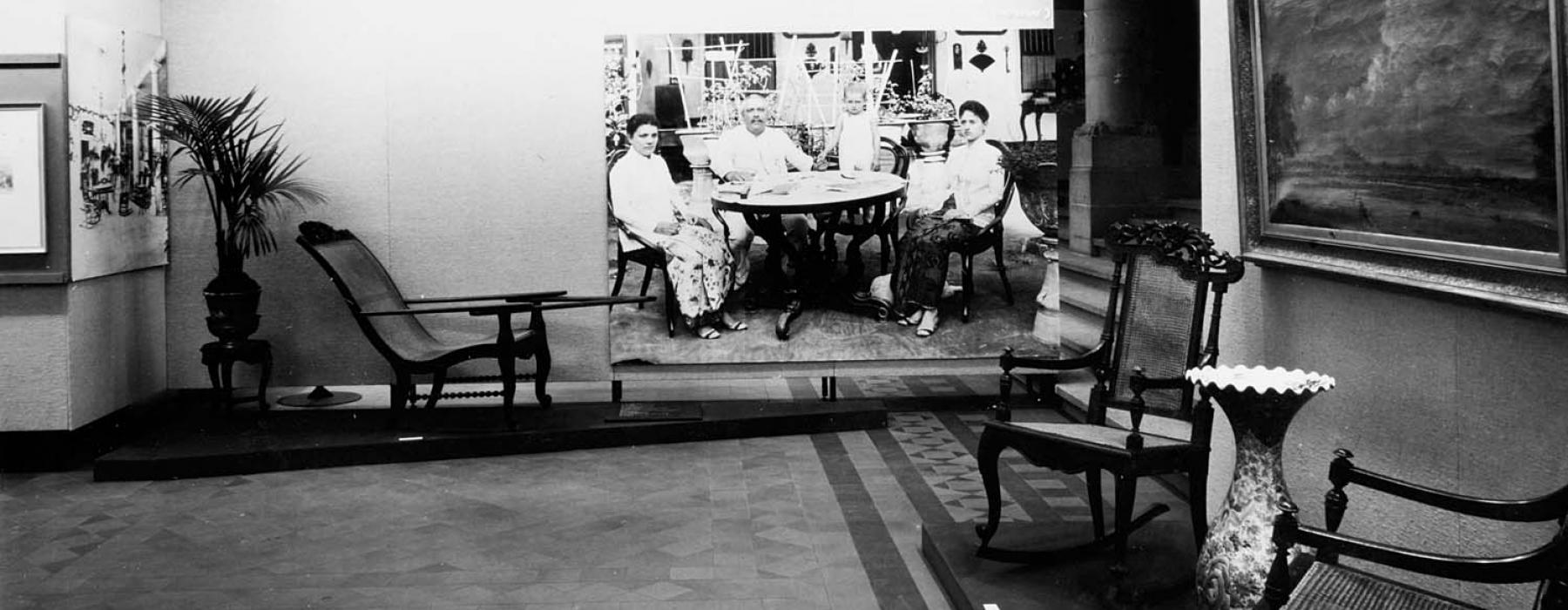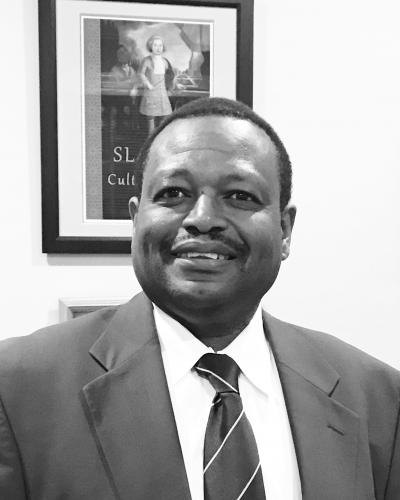
- As per Madeleine Dobie’s work on the subject of obfuscation of origins—notably, in furniture and textiles, and particularly of the cotton “indiennes,” we are forced to take account of what she refers to as a veritable “revolution” in French clothing (99), one that would lead to an increased dependency on the colonies to provide the “raw materials” for Europe’s new tastes—in dress, in home furnishings, and in culinary needs (124). Yet, the recognition of the Americas—and slavery—as a “point of origin for new textiles, techniques, and styles […] long remained largely invisible” (124), even to the point of creating a complex web of “mechanisms of disavowal carried over into the postabolition era” (293).[1]
- How do colonial practices of trading, commodities, and consumption affect our aesthetic and sensory relationships to how we ‘taste’ and live today in Europe? How do these long histories of trade still affect ‘source’ economies?
- How have the Dutch engaged in trading, colonialism, extractive labor technologies and structures, and slavery in the Atlantic and the Indian Oceans? What was (and still is perhaps) the relationship of the Dutch to other trading and (neo)colonial stakeholders?;
- As per Pepijn Brandon’s writings, how might we pay attention to the role of port cities (as opposed to the plantation), whereby “the everyday functioning of social and racial distinctions was much less straightforward in port cities, where intermingling among social groups was extensive and hard to control, movement of people and goods was a given due to their commercial function and geographical location straddling sea and hinterlands, and society was much more socially diverse.”[2]
- What was the role played by Dutch trading in ports in the Atlantic and the Indian Oceans, especially in relationship to the following products: coffee; tobacco; rice; palm oil; tin; bauxite; salt; and other spices; and, sugar?
- How might we pay attention to ‘the worlds they made’: Here we want to shift the focus from the colonizers to those who were in David Scott’s words “conscripted” into modernities,[3] and how they engaged in Achille Mbembe’s words in “attempts to reassemble some form of the social and of community and, as such, the form of attending to matters of care and matters of repair.”[4] Here we think notions of “Black joy”; of resistance; of solidarity; of care networks; of art and creation.


